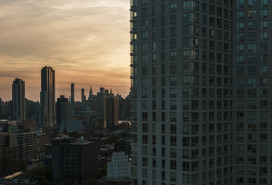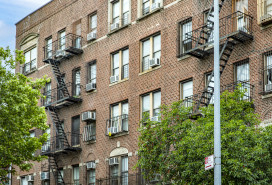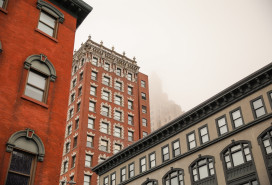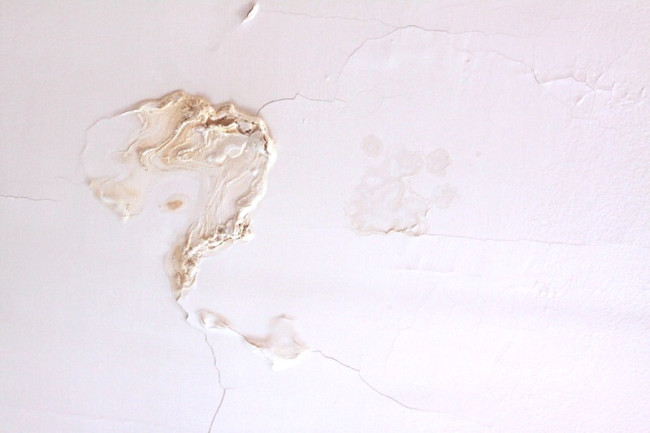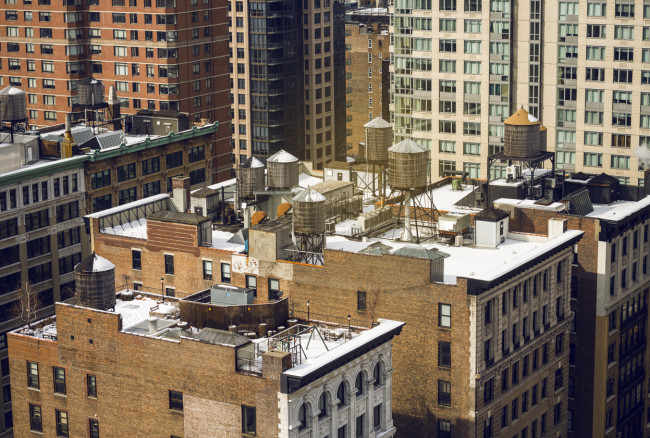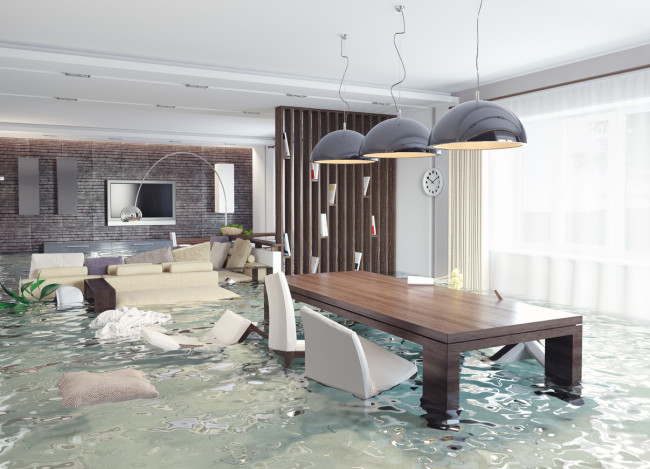Who is responsible for dealing with the mold in my co-op?
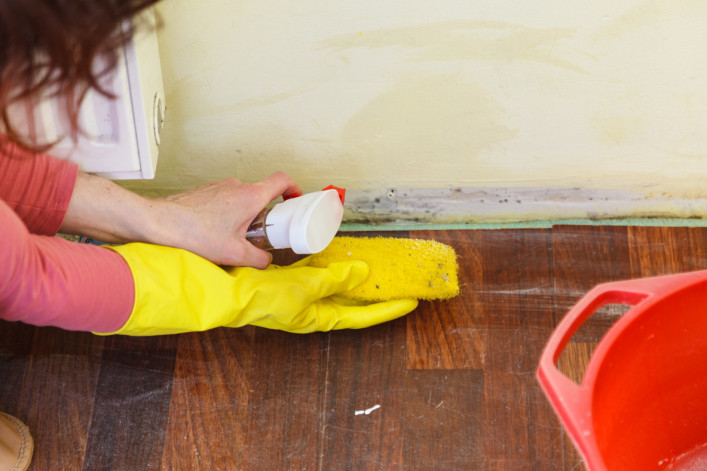
You may need to let the insurance companies duke it out.
iStock
Who is responsible for remediating mold that came from water damage to the exterior wall of my building and into my co-op—me or the building?
To deal with mold in your apartment that stems from a leak outside your apartment, the insurance companies of both you and the co-op building may need to get involved, our experts say.
Your particular situation comes with some ambiguity: Typically, co-op shareholders are responsible for remediating mold within their apartments, while co-op management is responsible for dealing with damages in common areas. And if the mold stems from water damage caused by a neighbor, then the culpable party will be responsible for repairs.
Even if you're not to blame for the mold in your apartment, you should contact your insurance company immediately and file a claim.
"You should look at the building's proprietary lease and see who's responsible for what, but I think it's going to come down to a battle of the insurance companies," says Elizabeth Donoghue, a partner with Himmelstein, McConnell, Gribben, Donoghue & Joseph (a Brick sponsor.) "The question is, where did the water come from?"
Your insurance company—and possibly that of your co-op board—may decide to send in an adjuster to do testing in order to determine where the water that caused your mold came from.
"The board may hire an insurance company that always rules in their favor and says it's the shareholders responsibility, so if the water is coming from the exterior, you want to make sure you have an expert saying so," Donoghue says.
Keep in mind that even if your insurance company finds you are covered for the mold in your apartment, you may still need to shoulder some of the remediation costs yourself.
"Apartment insurance will usually pay for clean up, drying, and some mold prevention expenses immediately following a covered water damage claim," says Jeffrey Schneider of Gotham Brokerage (a Brick sponsor.) "But mold situations that develop later or are not tied to a covered water damage claim—if for example, you just have a build up of humidity from clogged air vents in a bathroom—will typically not be covered."
Furthermore, he adds, many insurance companies impose limits—often $10,000 to $20,000—on what they'll cover for mold remediation. Some apartment owners opt to purchase supplemental mold coverage to protect themselves should they discover mold from older instances of water damage, though these add-ons can be costly. Since you're aware you have mold now, it's best to contact your insurance company right away, and look into whether the damage is more extensive than you initially realized.
Trouble at home? Get your NYC apartment-dweller questions answered by an expert! Send us your questions experts@brickunderground.com.
For more Ask an Expert questions and answers, click here.
You Might Also Like



